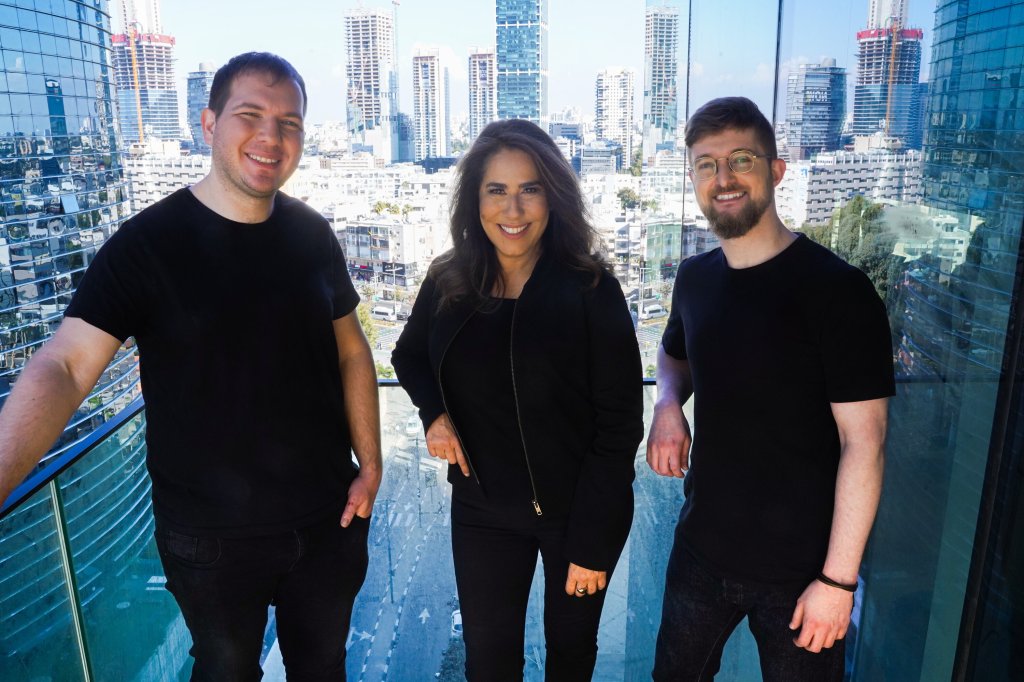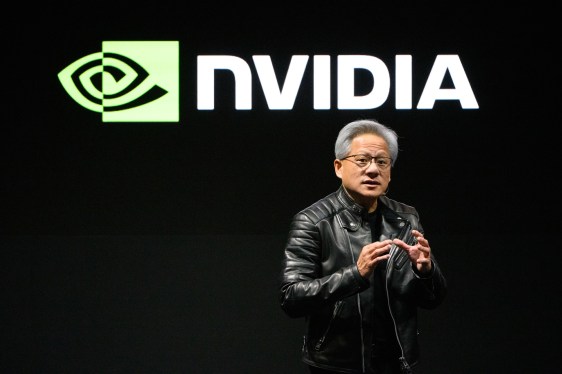Wiz, one of the most talked-about names in the world of cybersecurity, is making a significant acquisition to expand its product reach in cloud security, particularly with developers. It is buying Dazz, a specialist in security remediation and risk management, and according to sources familiar with the matter, this is a cash-and-share deal valued at $450 million.
The price tag is a tad higher than Dazz’s last valuation, when it raised $50 million on a post-money valuation of just under $400 million.
Remediation and posture management — the two areas where Dazz focuses — are key services in the cybersecurity market that Wiz was not covering as well as it wanted to.
“Dazz is the leader in this market, with the best talent and the best customers, and it’s a great culture fit,” said Assaf Rappaport, Wiz’s CEO, in an interview.
Remediation, which refers to helping to understand and resolve vulnerabilities, shapes how an enterprise handles the many vulnerability alerts it might receive across its networks. Posture management is a more preemptive product: It gives an organization a better understanding of the size, shape, and function of its network so it can build better security services.
Dazz will continue to operate as a separate entity while it’s integrated into the larger company’s stack. Wiz has built a name for itself as a “one-stop-shop,” and Rappaport said an integrated offering will continue to be a major part of that strategy.
He believes that contrasts with a lot of other SaaS businesses. In the security industry, there are, Rappaport said, “a lot of Frankenstein mashups, where companies are prioritizing revenues over building one technology stack that actually works as a platform.” Arguably, integration is even more important in cybersecurity than in other areas of enterprise IT.
A long and close partnership
Wiz and Dazz already had a close relationship going into this deal. Merav Bahat — the CEO who co-founded Dazz with Tomer Schwartz and Yuval Ofir (CTO and VP R&D, respectively) — worked closely with Assaf Rappaport at Microsoft, which acquired his previous startup, Adallom.
Bahat was one of Adallom’s first investors after Rappaport left to found Wiz with Adallom co-founders Ami Luttwak, Yinon Costica, and Roy Reznik. Similarly, when Bahat started Dazz, Assaf came in as a small investor.
The connection goes beyond work, though. Bahat and Rappaport are also close friends, and she was a second family to Mika, Rappaport’s beloved dog who was known as Wiz’s Chief Dog Officer (complete with a LinkedIn profile). As the deal went down, the two faced very sad developments: both Bahat’s mother and Mika passed away.
“We’re hoping for a new chapter of positivity here,” Bahat said.
Rumors about this acquisition started to surface earlier this month. Rappaport confirmed that this was when they had started to talk seriously.
That’s not the only M&A chatter to involve Wiz. Earlier this year, Google tried to buy Wiz for $23 billion to build a significant cybersecurity business. Wiz walked away from the deal, partly because Rappaport said he believed the company could become an even bigger business on its own terms. That is what Wiz is aiming for with this deal.
The acquisition is one of a run for Wiz, which earlier this year filled its coffers with $1 billion expressly for M&A. The company has raised nearly $2 billion in total, and we’ve heard that another round will close in several more weeks. Its other deals have included the purchase of Gem Security for $350 million, but Dazz is its biggest acquisition yet.
There may be more M&A to come. “We believe that next year is going to be a year of acquisitions for us,” Rappaport said.
Developers need more help
Wiz’s Luttwak told TechCrunch that one of the company’s priorities is to build more tools that developers need to do their jobs.
Enterprises have made significant investments into cloud services to speed up how they work and make their tech stack more flexible, but that shift has come with a significantly changed security profile. Network and data architectures are more complicated, and attack surfaces are larger, creating opportunities for malicious hackers to breach systems. AI is making all of that significantly more challenging. (It’s also an opportunity: A new generation of tools to defend us are all built on AI.)
Wiz’s selling point has been its all-in-one approach. Ingesting data from AWS, Azure, Google Cloud, and other cloud environments, Wiz scans applications, data and network processes for security risk factors, and provides a range of detailed views to its users to understand where those risks exist. It has more than a dozen products covering areas like code security, container environment security, and supply chain security, as well as a number of partner integrations for companies who work with other providers (or to incorporate functions that Wiz does not offer).
Wiz offers a degree of remediation to help prioritize and fix issues, but Luttwak says Dazz’s product is just better.
“We now have a platform that can actually give you a 360-degree view of risk, covering infrastructure and application,” he said. “Dazz is the leader in attack surface posture management, the ability to collect vulnerability signals from the application layer across the stack, and build the most amazing context that allows you to track it back to the engineers, to help with remediation.”
When I interviewed Bahat in July 2024 at the time of Dazz’s $50 million fundraise, she extolled the virtues of building a strong point solution. This week, she said that Q3 was “amazing” for the company.
“But the momentum in the market is something that ignites these kinds of deals,” she said, adding that Dazz had been getting acquisition offers from other companies, too. “If you think about the customers and the joint customers that we have with Wiz, it makes sense for them to have it in one platform.”
Some of Dazz’s competitors are going it alone: Cyera, like Dazz, is an expert in attack surface management, and it yesterday announced a $300 million round on a $5 billion valuation (confirming a scoop of ours). But what is it going to do with that money? Make acquisitions, of course.
Wiz says it now has annual recurring revenues of $500 million, and it is aiming to boost that number to $1 billion in the next year. It counts over 45% of the Fortune 100 as customers. Dazz said its ARR is in the tens of millions of dollars, and it is currently growing at 500% on a customer base of about 100 organizations.







